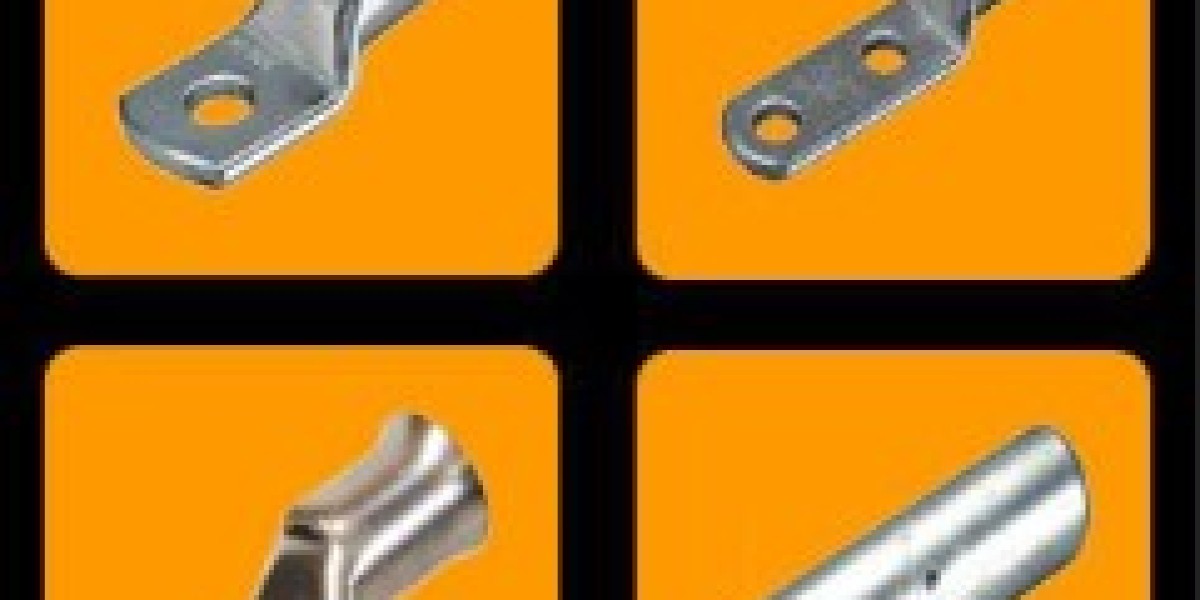Copper bonded earthing rods play a crucial role in grounding systems, providing a reliable path for electrical faults and protecting equipment from surges. A key advantage of these rods is their strong resistance to corrosion, making them ideal for challenging environments like acidic soil, high moisture areas, or locations exposed to chemicals. This blog delves into the science behind the corrosion resistance of copper bonded earthing rods, explaining why they outperform other materials and are essential for long-lasting electrical safety.
Why Corrosion Resistance Matters in Grounding
Corrosion is one of the primary challenges for grounding systems, as it weakens the conductive path, causing potential issues in the safe dissipation of electricity. In environments with moisture, chemicals, or high salt content, metals are prone to oxidation and deterioration. Copper bonded earthing rods are designed to withstand these harsh conditions, ensuring the grounding system remains efficient and maintenance-free for longer.
What Makes Copper Bonded Earthing Rods Corrosion-Resistant?
Copper bonded earthing rods consist of a steel core with a layer of copper bonded to the surface through electroplating. This structure offers the strength of steel with the protective and conductive properties of copper, creating an ideal balance for grounding needs.
Electroplated Copper Layer
The copper layer is bonded to the steel core through an electroplating process, creating a tightly adhered layer that’s resistant to peeling or cracking. This layer shields the steel core from exposure to environmental elements that cause corrosion.Non-Reactive Copper Surface
Copper itself is a noble metal, meaning it has a lower tendency to react with elements in the environment, unlike materials such as iron or steel. This natural resistance reduces the chances of oxidation, rusting, and chemical reactions that weaken other grounding materials.Barrier Protection
The copper layer acts as a barrier, preventing water, oxygen, and other corrosive agents from reaching the steel core. Even in highly acidic soils or coastal areas where exposure to salts is common, the copper layer offers excellent protection against deterioration.
Benefits of Corrosion Resistance in Copper Bonded Earthing Rods
Extended Service Life
Corrosion-resistant grounding rods have a much longer lifespan than their unprotected counterparts, especially in harsh environments. By resisting corrosion, copper bonded rods maintain their effectiveness, reducing the need for frequent replacement and associated costs.Enhanced Safety and Performance
Corrosion can lead to increased electrical resistance in the grounding path, which may reduce the effectiveness of the grounding system. Copper bonded earthing rods maintain consistent performance by staying intact and conductive, ensuring safe dissipation of electrical faults.Cost Savings Over Time
While copper bonded rods may have a higher upfront cost than galvanized steel rods, their corrosion resistance results in lower maintenance and replacement expenses, making them cost-effective over the long term. The reduced need for replacements also minimizes labor costs and downtime.Low Maintenance Requirements
Copper bonded rods require minimal maintenance as they withstand environmental wear effectively. Unlike steel rods, which may require regular inspection and replacement in corrosive environments, copper bonded rods offer peace of mind with their durable design.
Comparing Copper Bonded Rods to Other Grounding Materials
Galvanized Steel Rods: While inexpensive, galvanized steel rods are vulnerable to rust, particularly in environments with high moisture or chemical exposure. Galvanization offers limited protection, and once the zinc layer wears down, the steel core is susceptible to rapid corrosion.
Stainless Steel Rods: Stainless steel provides decent corrosion resistance but lacks the high conductivity of copper. For applications where conductivity is crucial, stainless steel is less efficient than copper-bonded alternatives.
Pure Copper Rods: Although highly conductive and corrosion-resistant, pure copper rods are costly and more prone to theft due to their value. Copper bonded rods offer a balanced alternative, combining cost-efficiency, durability, and excellent conductivity.
How to Maximize the Benefits of Copper Bonded Earthing Rods
Proper Installation
To optimize performance, copper bonded rods should be installed according to industry guidelines, ensuring they reach the appropriate depth and make solid contact with the earth.Periodic Inspection
While copper bonded rods are low-maintenance, periodic inspection ensures that connections remain tight and that the rod is performing effectively in its environment.Soil Testing
Understanding the soil composition can further enhance grounding performance. In highly corrosive soils, using copper bonded rods is especially beneficial, as they resist breakdown better than other materials.Coordinated Grounding Systems
In some cases, grounding rods may be used in combination with other grounding components to improve effectiveness, especially in large industrial installations where multiple grounding points are essential.
Conclusion
Copper bonded earthing rods offer significant corrosion resistance that enhances their durability and reliability in electrical grounding systems. Compared to galvanized steel or stainless steel alternatives, copper bonded rods provide an optimal mix of conductivity, durability, and cost-efficiency, particularly in challenging environments. Their corrosion-resistant properties make them essential for maintaining long-lasting electrical safety in applications ranging from residential buildings to industrial facilities. By choosing copper bonded rods, you invest in a grounding solution that minimizes maintenance, extends system life, and enhances overall safety.



